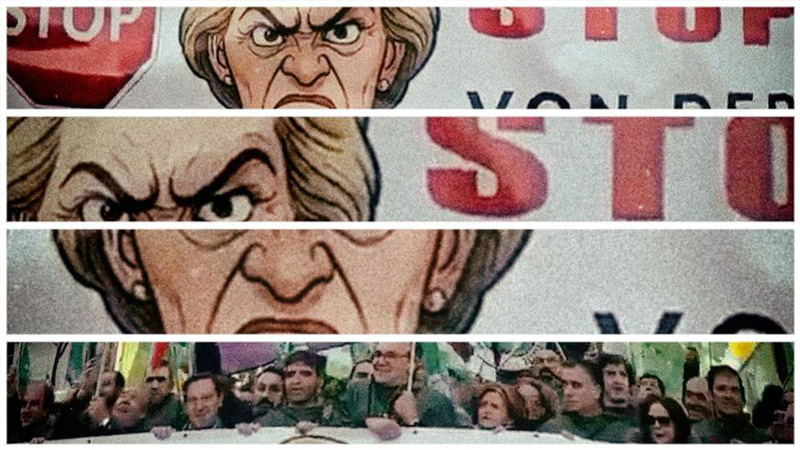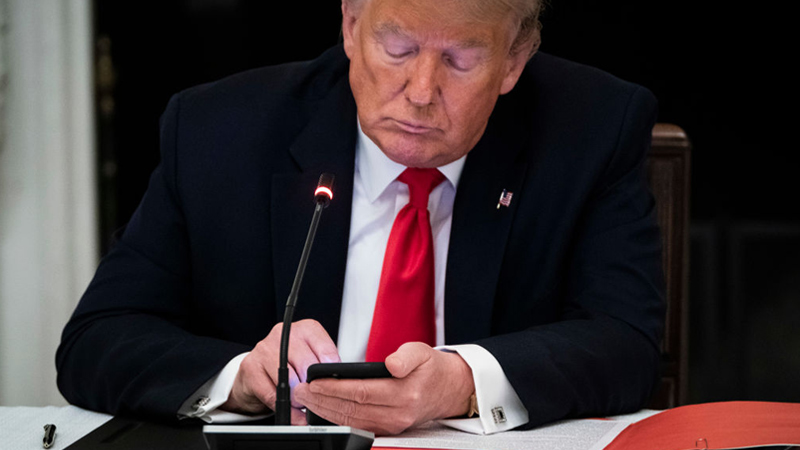
Latin American diplomatic crisis intensifies following Ecuador’s raid of Mexican embassy
Nicaragua announced it had completely severed diplomatic relations with Ecuador Saturday over the storming of the Mexican embassy in Quito by Ecuadorian police.
Armed security forces stormed the Mexican embassy Friday to arrest former Ecuadorian Vice President Jorge Glas, who had taken refuge in the diplomatic mission. Mexico immediately suspended diplomatic relations with Quito, claiming Mexican diplomats had sustained injuries as a result of the incident.
“Following the unthinkable and reprehensible acts committed… in Quito by forces that are supposed to protect the order and security of Ecuadorian citizens and their lives, our strong and irrevocable condemnation is transformed into a sovereign decision to sever all diplomatic relations with the Government of Ecuador,” the Nicaraguan government said in a statement published on El 19 Digital news portal.
Managua had previously withdrawn its embassy from Quito in 2020 over hostile statements by Ecuadorian authorities.
The highly provocative invasion of the embassy, considered sovereign Mexican territory under international law, provoked condemnation across Latin America. Chile, Cuba, Bolivia, and Venezuela issued statements expressing anger over the incident. Honduras proposed an emergency meeting of the Community of Latin American and Caribbean States (CELAC), a regional body promoted as an alternative to the controversial OAS.
Brazilian President Luis Inacio Lula da Silva declared his “solidarity” with Mexico, criticizing the violation of the embassy in “the strongest possible terms.”
Glas had been sheltering in the Mexican embassy since shortly after Ecuador issued a warrant for his arrest in December. Ecuador’s government has been engaged in a persecution campaign against supporters of former President Rafael Correa for several years. The country has been on a downward economic spiral since the populist leader left office, with the security situation in the country also deteriorating.
Observers had hoped current leader Daniel Noboa would pursue a change in policy after narrowly winning the country’s presidential election last year, but the arrest of Glas suggests Noboa is likewise committed to undermining Correa’s “Citizens’ Revolution” movement.
Ecuadoreans believed the populist movement was in safe hands when former Correa ally Lenin Moreno was elected president in 2017. But Moreno radically altered government policy and legally persecuted Correa’s supporters.
Moreno’s dramatic 180 caused many, including the country’s former foreign minister, to conclude Moreno had become an asset of the US Central Intelligence Agency.
“Moreno became a CIA insider due to blackmailing,” said ex-Foreign Minister Ricardo Patiño to Sputnik in 2019. “We are absolutely sure that while Moreno was in Geneva [working as a UN envoy] he established a very close relationship with the CIA and the US administration because they may have found his secret bank accounts in Panama, opened by his brother to save money from corruption.”
The discovery of Moreno’s hidden assets with the release of the Panama Papers solidified the impression the former president was being extorted.
Economic instability has created an environment for organized crime to thrive in Ecuador, as in other Latin American countries where US-backed neoliberal policy has resulted in similar consequences.
Trump Warns New COVID Variant Will Be Used to Rig 2024 Election




